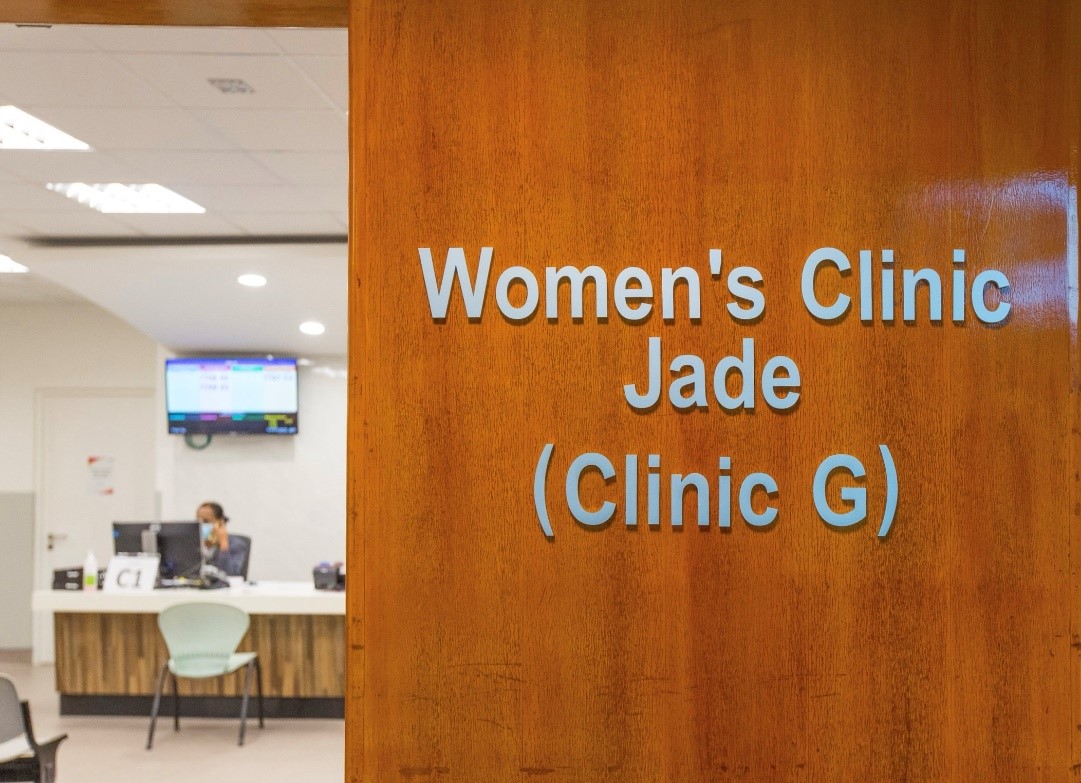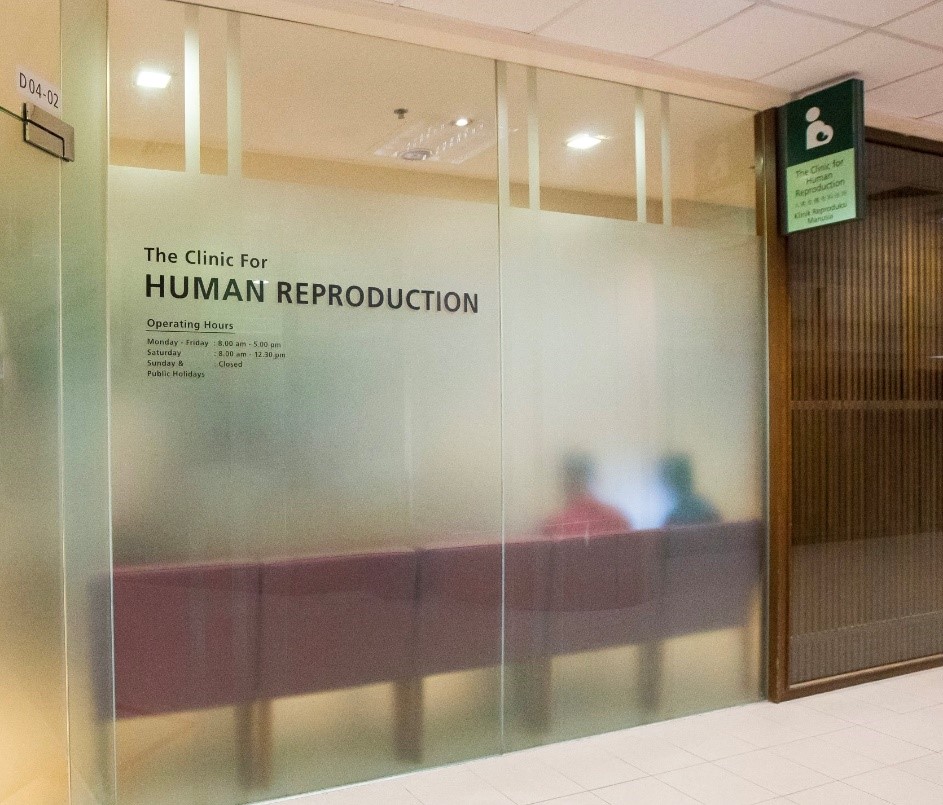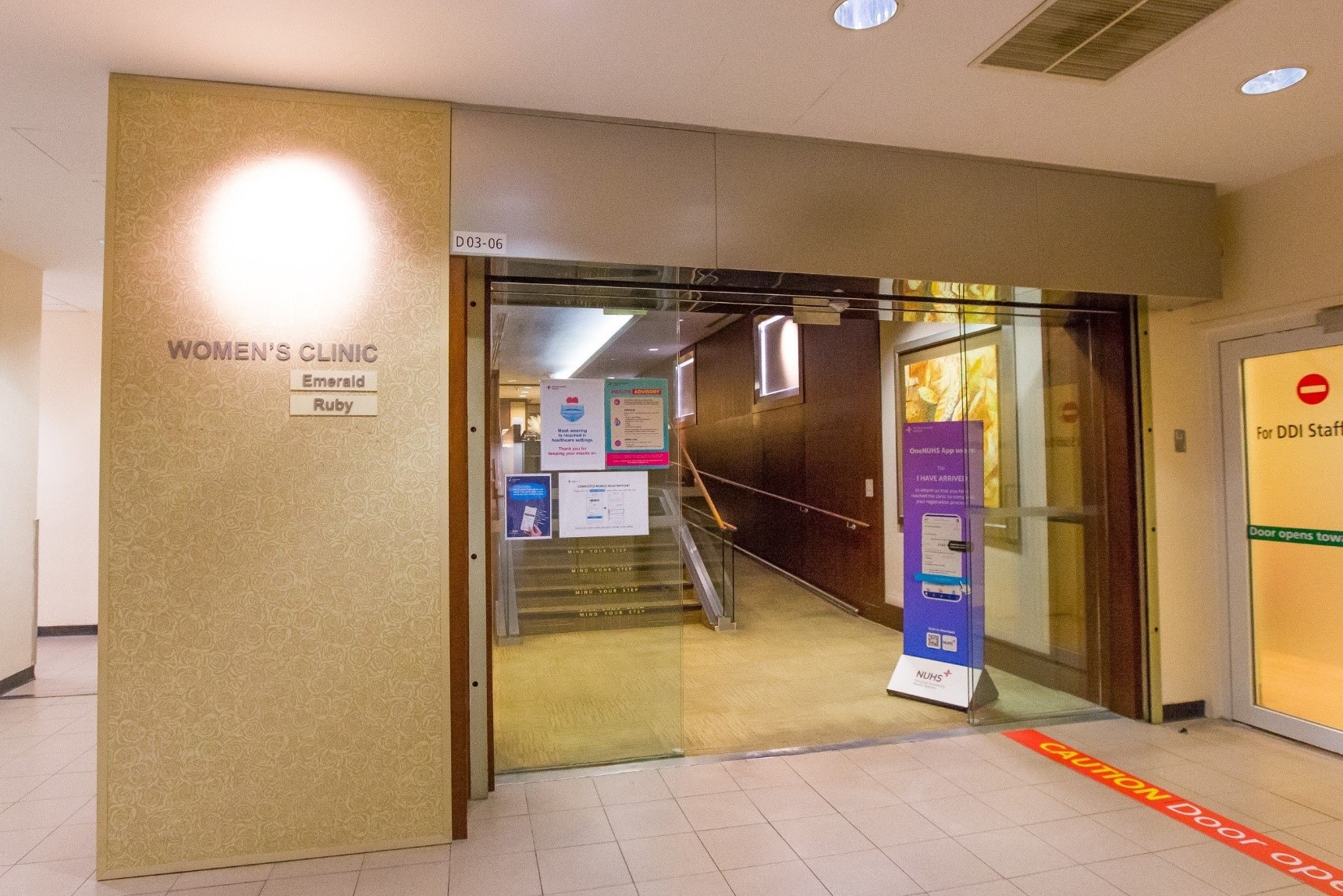IVF Treatment in Singapore
In-vitro Fertilisation (IVF) is the most effective and one of the most widely used fertility treatments that offers hope to couples with reproductive challenges. It involves collecting eggs from the ovaries, fertilising an egg with sperm in the laboratory, and then transferring the resulting embryo into the womb.
In Singapore, IVF may be recommended for a range of fertility issues, including:
- Blocked or damaged fallopian tubes
- Low sperm count or motility
- Ovulation disorders
- Couples who require donor sperm or eggs
- Unexplained infertility
- Fertility preservation before medical treatment
- Couples who need pre-implantation genetic testing
Patients undergoing IVF are supported by our team of Reproductive Medicine specialists, nurses, embryologists, and counsellors. All procedures required during an IVF cycle, including ovarian stimulation and monitoring, egg retrieval and embryo transfer, are performed on-site at our state-of-the-art facilities.
IVF Treatment Process
1. Ovarian stimulation
Fertility hormone medications are used to stimulate the ovaries to produce multiple mature eggs, maximising the chance of success. Throughout this phase, we monitor follicular development and hormone levels through transvaginal ultrasounds and blood tests every 2 to 3 days for about 10 to 16 days.
2. Egg retrieval
Once the follicles are ready, we perform a minor transvaginal outpatient procedure to retrieve the eggs. This is done under general anaesthesia and typically takes about 30 minutes.
3. Fertilisation
The retrieved eggs are fertilised with sperm at our state-of-the-art laboratory. Depending on the sperm quality, we may use conventional insemination or intracytoplasmic sperm injection (ICSI) to fertilise the eggs.
4. Embryo development
Fertilised eggs are monitored as they develop into embryos over 3 to 5 days. Our embryologists assess each embryo daily to determine which are healthiest and most viable for transfer or for freezing.
5. Embryo transfer
A selected embryo is carefully transferred into the womb using a thin catheter. This is a gentle, minimally invasive procedure that typically does not require anaesthesia.
6. Pregnancy test
About 12 to14 days after the embryo transfer, a blood test to check for pregnancy is done at the Clinic for Human Reproduction (CHR). Our team will provide close support and guidance through the results, and offer advice on follow-up steps as part of your IVF journey in Singapore.
Other options:
- Frozen embryo transfer (FET): If there are good quality embryos that are not used during the initial IVF cycle, they can be frozen for future use.
- Pre-implantation Genetic Testing (PGT): This can be performed on embryos to screen for chromosomal abnormalities or specific genetic conditions. (See section below on PGT).
- Donor sperm or eggs: We also work with couples who require donor assistance. Please see one of our Reproductive Medicine specialists to know more.
Supporting You Through Your IVF Journey
IVF can be a physically and emotionally intense process. Our dedicated team at the Clinic for Human Reproduction is committed to guiding you with compassion, transparency, and the highest standard of care. Your goals are our mission.
Also read:




















